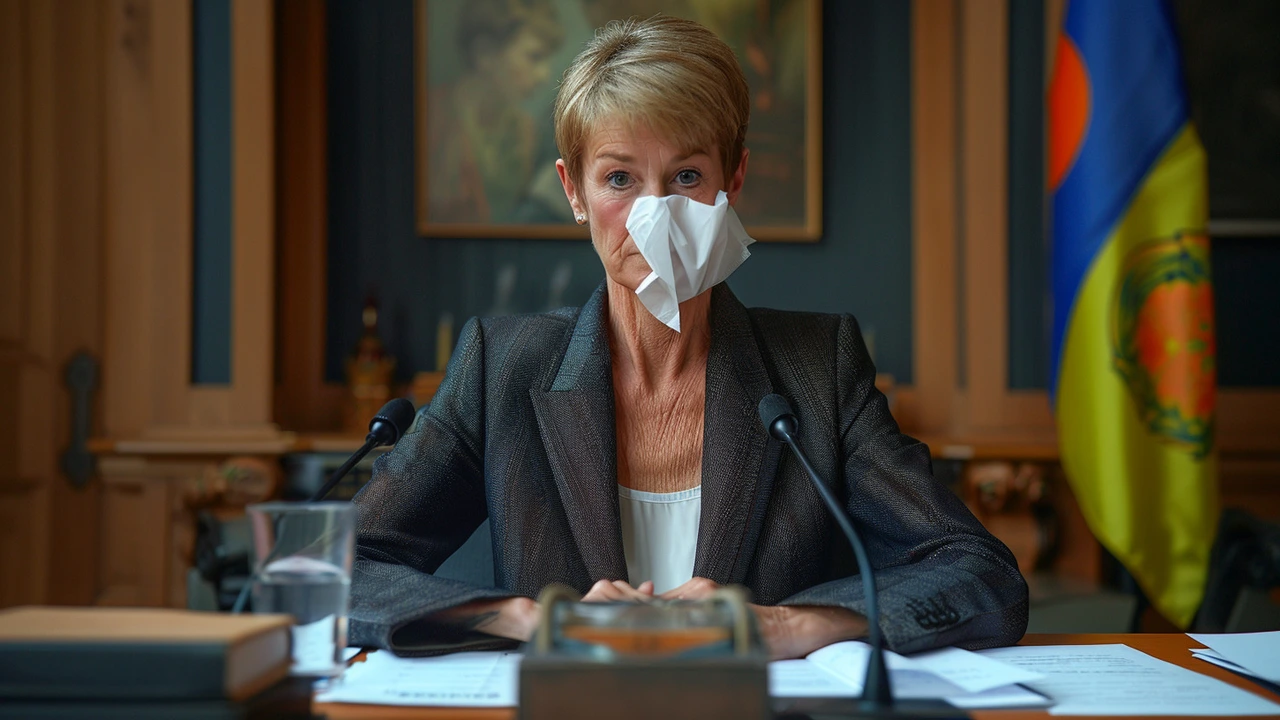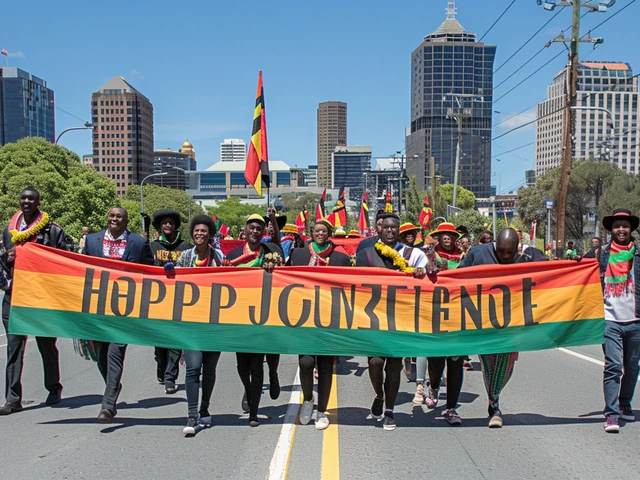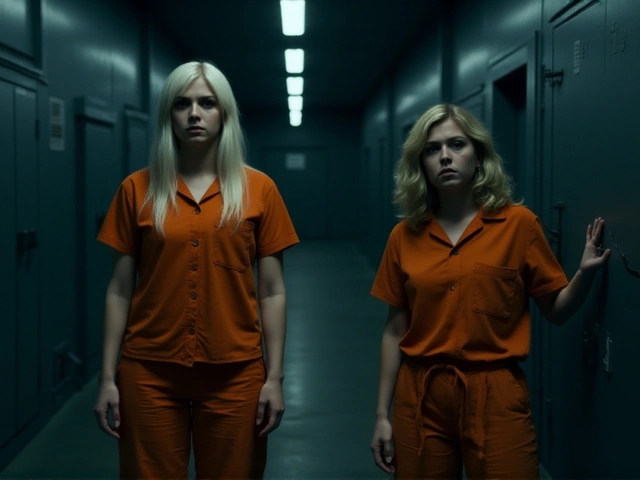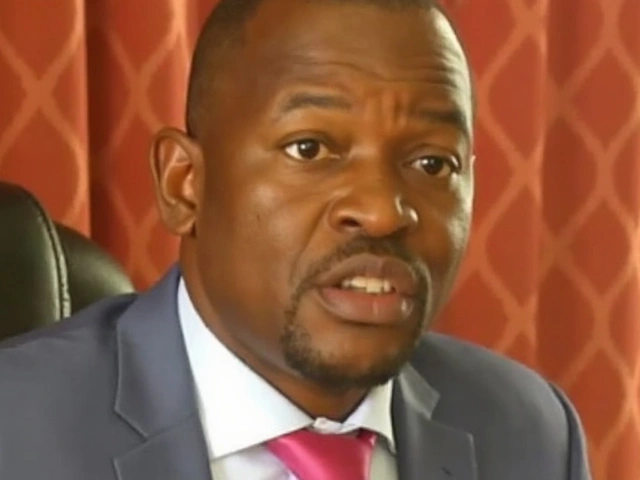Wrongful Convictions: What They Are and Why They Happen
Have you ever wondered how someone can get convicted of a crime they didn't commit? That's what wrongful convictions are all about. It happens more often than you'd think, causing serious harm to innocent people and shaking trust in the justice system. Understanding why these errors happen can help us see what needs fixing.
At its core, a wrongful conviction means a person is found guilty even though they didn't commit the crime. This can happen for several reasons — mistaken identity, bad eyewitness testimony, false confessions, or even misconduct by officials. Sometimes, poor legal defense plays a big role too. These mistakes aren't just small slips; they can ruin lives.
How Do Wrongful Convictions Affect People and Society?
The first and most obvious victim is the innocent person who ends up in prison. They lose years of their life, face stigma, and often suffer emotional and financial damage. Meanwhile, the real criminals remain free, which means public safety is at risk. Plus, it costs taxpayers a lot when convicted people are later exonerated and compensated.
Wrongful convictions also erode public trust in the justice system. When people see mistakes being made, especially if caused by corruption or negligence, faith in fairness takes a hit. This makes it harder for the system to work properly, as community cooperation declines.
What Are Some Common Causes and What Can Be Done?
Eyewitness errors pop up a lot as a cause. People can be confident but wrong when identifying suspects, especially under stress. False confessions are trickier but happen more than you’d expect, often due to intense police questioning. Sometimes, technology like DNA testing has helped correct past false convictions and prove innocence.
To reduce wrongful convictions, reforms are needed: better police training, recording interrogations, improving legal defense for the poor, and using scientific evidence carefully. In some countries, independent review boards help catch mistakes earlier. The goal is clear—make justice truly fair and prevent innocent people from facing punishment they don’t deserve.
There's a human behind every wrongful conviction, and their stories remind us why justice must be careful, precise, and always question itself. How would you feel knowing you spent years behind bars for a crime you didn't do? It's a powerful reason to support strong safeguards in our legal systems.






